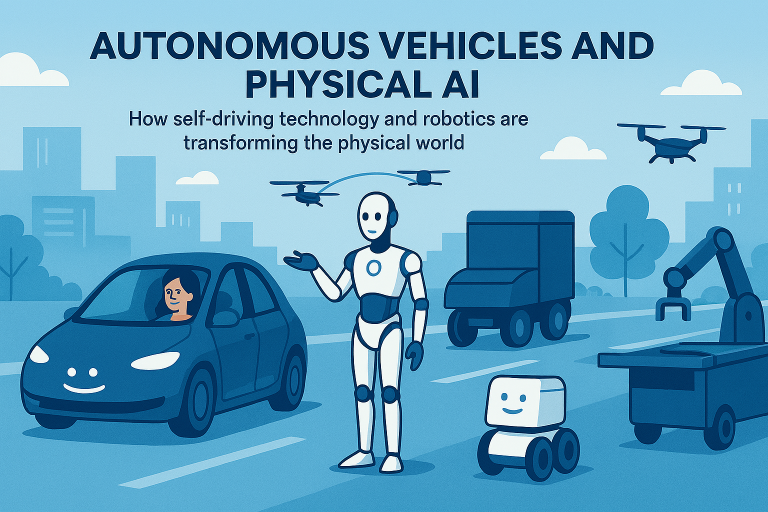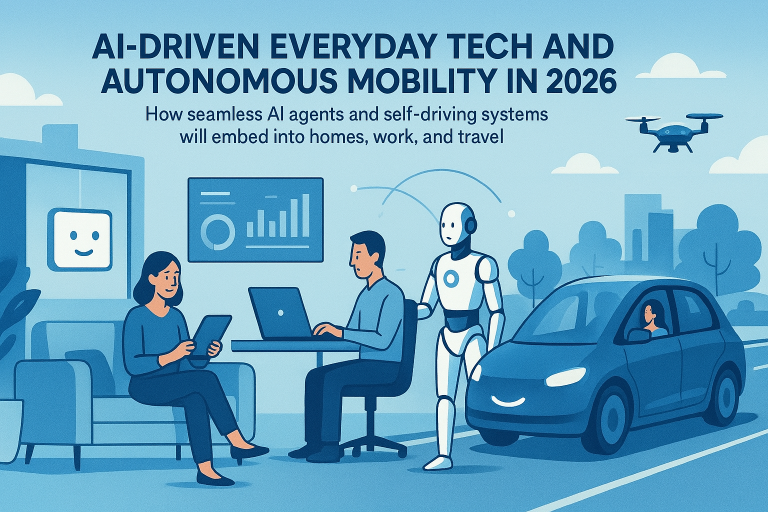
Social Media Marketing
In today’s fast-paced digital world, social media marketing is no longer optional for brands aiming to stay relevant. The landscape of digital marketing has transformed, and so too has the way businesses engage with their audience. With billions of people across the globe using platforms like Instagram, TikTok, Facebook, and Twitter, social media platforms have become vital spaces for brands to thrive.
In 2025, we are witnessing a shift in the way marketers approach engagement strategies. It’s no longer about simply posting content and waiting for likes to roll in. Modern social media marketing demands an intricate understanding of user behavior, platform dynamics, and, most importantly, how to craft experiences that genuinely resonate with the audience. This article delves into the latest marketing trends that are shaping social media strategy, from the most prominent platforms to the strategies that elevate audience engagement.
The Power of Social Media Marketing in the Digital Era
The core of any social media strategy lies in its ability to connect a brand with its audience. However, social media marketing has grown beyond the simple posting of promotional content. Today, it’s about creating meaningful interactions that drive not only sales but also brand loyalty and recognition. From short-form videos to interactive stories, engagement strategies are evolving, demanding new ways to approach content creation, timing, and platform usage.
Every year, the marketing trends shift, ushering in new tactics that help brands stay ahead of the competition. As social media platforms evolve, so too do the methods for engaging with users. Whether it’s the rise of ephemeral content, the use of augmented reality, or the growing influence of AI in shaping user experiences, staying on top of these shifts is crucial for businesses looking to optimize their online presence.
2025’s Hottest Social Media Platforms
To craft an effective social media strategy, it’s essential to understand which platforms are dominating the digital marketing scene. While platforms like Facebook and Instagram continue to lead, others are quickly emerging as powerhouses in user engagement.
TikTok: The Reigning Champion of Short-Form Content
With its explosive growth over the past few years, TikTok has transformed social media marketing into an arena focused on short-form, high-impact content. TikTok’s algorithm favors authentic, creative content, making it an ideal platform for engagement strategies that prioritize creativity and virality.
Brands that tap into trending sounds, challenges, and user-generated content find themselves reaching millions, often with minimal ad spend. This platform rewards originality and is a goldmine for businesses looking to engage with a younger, more dynamic audience. To succeed on TikTok, brands must remain agile, engaging in real-time trends and conversations.
Instagram: Visual Storytelling Meets Commerce
Instagram has long been a staple of social media marketing, but in 2025, it continues to evolve. The platform’s focus on visual storytelling, supported by features like Stories, Reels, and Shopping, offers endless opportunities for audience engagement. Instagram’s algorithm is designed to prioritize content that encourages direct interaction, whether it’s through likes, comments, or shares.
Incorporating shoppable posts into a social media strategy allows brands to not only engage users but also drive conversions directly from the platform. Instagram’s ability to combine entertainment with commerce makes it indispensable for any business looking to build a strong digital presence.
LinkedIn: The Professional’s Platform for Thought Leadership
LinkedIn remains the leader in professional networking, but it’s also become a hub for content creators and brands aiming to build authority in their industries. Unlike more casual platforms, LinkedIn is focused on fostering discussions and thought leadership, making it an ideal space for B2B social media marketing.
Brands that leverage LinkedIn’s publishing tools, connect with industry influencers, and engage in niche discussions can build trust with decision-makers, driving long-term engagement. Thought-provoking articles and industry insights often perform well here, making LinkedIn an important player in any digital marketing strategy targeting professionals.
YouTube: The Visual Search Engine
As the second-largest search engine in the world, YouTube is undeniably a key player in social media marketing. It’s the go-to platform for long-form video content, and its potential for engagement is unparalleled. Whether it’s through tutorials, behind-the-scenes looks, or customer testimonials, YouTube offers brands an opportunity to connect with users in a deeper, more immersive way.
Audience engagement on YouTube thrives when brands provide value and entertainment, and the shift toward YouTube Shorts reflects the growing demand for snackable, highly engaging content. Marketers who invest in video optimization and prioritize the creation of shareable, engaging content will continue to see impressive results.
Snapchat: Augmented Reality and Youth-Centric Engagement
Snapchat, although often overshadowed by Instagram and TikTok, remains a valuable platform for reaching younger demographics. Its features, such as augmented reality (AR) filters, interactive stories, and ephemeral content, allow for innovative engagement strategies. For brands targeting Gen Z, Snapchat offers a unique space to foster creativity and authenticity.
AR filters, in particular, offer a powerful tool for interactive engagement, with users encouraged to interact with branded filters and share their experiences. The ephemeral nature of Snapchat content adds a sense of urgency, prompting users to engage with content while it’s still live, making it a prime platform for time-sensitive campaigns.
Facebook: Still a Mainstay in Social Media Strategy
Despite the rise of newer platforms, Facebook remains a crucial element of any social media strategy. With over 2.8 billion active users, it’s still one of the most effective platforms for reaching a broad, diverse audience. Facebook Groups and Pages provide a space for brands to build communities and foster deeper connections with their followers.
While organic reach may have declined, Facebook’s marketing trends are increasingly centered around paid advertising, including dynamic ads, lead generation, and retargeting. This makes Facebook an essential platform for businesses looking to amplify their reach through targeted, data-driven advertising.
Engagement Strategies: How to Maximize Impact

Effective social media marketing isn’t just about posting content; it’s about creating a holistic strategy that prioritizes audience engagement. The rise of AI, data analytics, and sophisticated targeting tools has revolutionized the way businesses approach engagement. Here are a few cutting-edge engagement strategies that can boost interaction and drive results.
Content Personalization
In 2025, audience engagement is increasingly driven by personalized content. Marketers are leveraging AI and machine learning to craft tailored experiences based on user preferences, behavior, and interactions. Whether it’s showing the right product at the right time or curating content to match a user’s interests, personalization fosters deeper connections with followers.
Social media platforms like Facebook and Instagram allow brands to deliver hyper-targeted ads that speak directly to the individual, increasing the likelihood of engagement. Personalized content doesn’t just capture attention; it drives action, making it a vital part of any social media strategy.
Influencer Marketing
Influencer marketing continues to be one of the most effective engagement strategies for building trust with audiences. As consumers become more discerning, they look to influencers they trust for recommendations rather than traditional brand messages. Collaborating with the right influencers can help brands tap into new communities and gain credibility with their target audience.
Brands should carefully select influencers whose values align with their own and whose audience matches the target demographic. Successful influencer partnerships go beyond product placements; they focus on authentic storytelling and long-term relationships.
Interactive Content and Gamification
Interactive content is another key trend that drives audience engagement. Polls, quizzes, and surveys invite users to engage directly with a brand, providing valuable insights while simultaneously deepening the connection with the audience. Platforms like Instagram and Twitter offer native features that encourage user participation, which can significantly boost engagement.
Gamification, which incorporates game-like elements such as challenges, rewards, and points, has also become a popular way to engage users. This strategy appeals to the competitive nature of many social media users and can increase interaction and sharing.
Live Streaming
Live streaming has grown exponentially over the past few years, and it continues to be one of the most powerful ways to engage an audience in real-time. Platforms like Instagram, Facebook, and TikTok provide businesses with an opportunity to connect directly with their followers, answer questions, showcase products, or even host live events.
The immediacy of live streaming creates a sense of urgency and excitement, prompting users to tune in and interact. Live streams also foster a two-way conversation, allowing brands to respond to comments and questions on the spot, making it one of the most authentic forms of engagement.
Social Commerce
Social commerce is transforming the way consumers shop, allowing them to purchase products directly from social media platforms. With features like Instagram Shopping and Facebook Marketplace, social media platforms are evolving into fully integrated shopping hubs. Brands that leverage social commerce are creating seamless shopping experiences that don’t interrupt the customer’s browsing experience.
By utilizing social media marketing to drive direct sales, businesses can streamline their customer journey and increase conversions. This form of engagement strategy allows users to discover and purchase products without leaving the platform, offering immense potential for sales growth.
Future Outlook: The Evolving Landscape of Social Media Marketing
As social media platforms continue to evolve, so too will the marketing trends that define them. The future of social media marketing lies in deeper integration with emerging technologies like artificial intelligence, virtual reality, and the Metaverse. These innovations will provide even more ways to engage with audiences in immersive, personalized ways.
Additionally, as privacy concerns grow and social media algorithms continue to shift, brands will need to adapt their social media strategy to focus more on building authentic relationships with their followers. Transparency, sustainability, and ethical marketing will play a pivotal role in shaping future engagement strategies.
In conclusion, social media marketing has entered a new era where engagement strategies must be more dynamic, creative, and data-driven than ever before. By leveraging the latest marketing trends and adopting innovative social media strategies, businesses can not only boost audience engagement but also build lasting, meaningful connections with their consumers. Whether through TikTok’s viral trends or Instagram’s shoppable posts, the opportunities are endless — provided brands are ready to evolve and innovate with the times.




